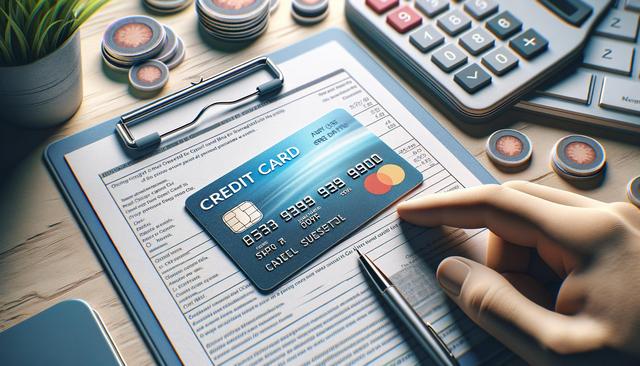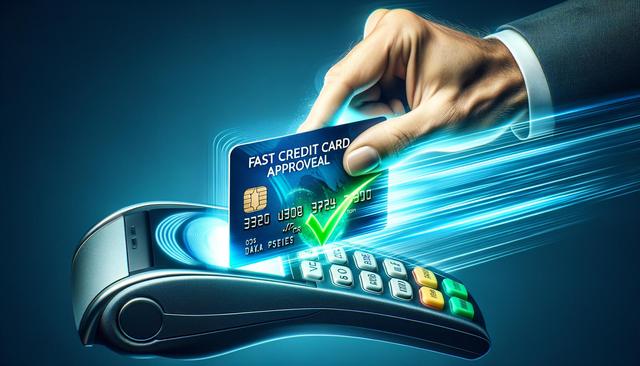Understanding the Impact of a Low Credit Score
Your credit score plays a crucial role in determining your eligibility for various financial products, including credit cards. When your score is on the lower end, it signals to lenders that you may pose a higher risk. This can result in fewer approval options, higher interest rates, or lower credit limits. However, it’s important to understand that not all credit cards require excellent credit. Some are specifically designed for individuals with limited or poor credit histories.
Credit scores typically fall into ranges: excellent (750+), good (700–749), fair (650–699), and poor (below 650). If your score is in the ‘poor’ range, you may still qualify for certain types of cards. However, being realistic about the options available and focusing on rebuilding your credit can increase your chances of approval and better terms in the future.
Types of Credit Cards for Low Credit Scores
When your credit score is low, the type of card you apply for matters. Some credit cards are tailored specifically for individuals who are rebuilding their credit. These include:
- Secured credit cards: These require a cash deposit as collateral. The deposit usually equals your credit limit and serves as a safety net for the issuer.
- Store credit cards: Often easier to obtain, but usually have higher interest rates and can only be used at specific retailers.
- Subprime credit cards: Unsecured cards for individuals with poor credit, though they often come with fees and higher interest rates.
Secured credit cards are a popular starting point because they allow users to build a positive credit history through responsible use. As you make timely payments and keep your balance low, your credit score can gradually improve, eventually qualifying you for unsecured cards with better terms.
How to Improve Your Approval Odds
Even with a low credit score, there are steps you can take to increase your chances of getting approved for a credit card. Simple actions can help demonstrate to lenders that you’re managing your finances responsibly:
- Check your credit report: Review it for errors or outdated information that could be negatively affecting your score.
- Pay down existing debt: Reducing your credit utilization ratio can boost your credit profile.
- Apply strategically: Avoid submitting multiple applications at once, as this can lead to several hard inquiries, which may lower your score further.
- Consider a co-signer: If possible, applying with someone who has good credit might improve your chances of approval.
Lenders also consider your income and employment stability, so having a steady source of income can be an important factor in the approval process.
Responsible Credit Card Use After Approval
Once you’ve been approved for a credit card, what you do next is critical to your long-term credit health. Using the card responsibly can help you build a strong credit history over time. Here are some practical tips:
- Always pay your balance on time, even if it’s just the minimum due.
- Try to keep your credit utilization below 30% of your limit.
- Avoid maxing out your card or missing payments, as these can significantly impact your credit score.
- Set up payment reminders or automate payments to ensure you never miss a due date.
Gradually, with consistent and responsible use, your credit score can improve, opening the door to better financial products in the future. Some credit card issuers even review your account periodically and may offer to upgrade you to an unsecured card if you’ve demonstrated good payment behavior.
Alternatives to Traditional Credit Cards
If you’re not yet ready or eligible for a traditional credit card, there are alternative tools that can help you build or rebuild your credit. These options often don’t require high credit scores and can serve as stepping stones to more traditional credit products:
- Credit-builder loans: These are small loans where the amount borrowed is held in a secured account until the loan is repaid, helping you build payment history.
- Authorized user status: Being added to a responsible user’s credit card account can help you benefit from their positive credit habits.
- Prepaid cards: While they don’t help build credit, they can be a useful financial tool while you work on improving your credit score.
- Rent reporting services: These allow your rent payments to be reported to credit bureaus, helping you establish a positive credit history.
Each of these tools has different requirements and benefits, so it’s important to research and choose the one that fits your financial situation and goals.


